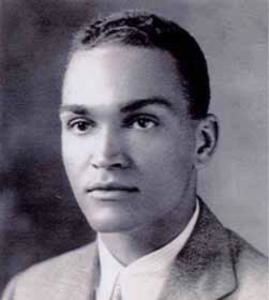Menu
Log in
| national association of mathematicians |
THE CLAYTOR-WOODARD LECTURE
What is the "Claytor-Woodard Lecture" Series?The Claytor-Woodard Lecture was inaugurated in 1980 in honor of the second and third African-Americans to earn the doctoral degree in mathematics.
Each year NAM invites a mathematical scientist or educator who exemplifies the spirit of Claytor and Woodard in their concerted efforts to advance mathematical research for underrepresented American minorities. The hour-long address takes place during the Joint Mathematics Meetings. We welcome nominations for future Claytor-Woodard Lecturers! Please consider the following criteria:
Claytor-Woodard Lectures |
Powered by Wild Apricot Membership Software




